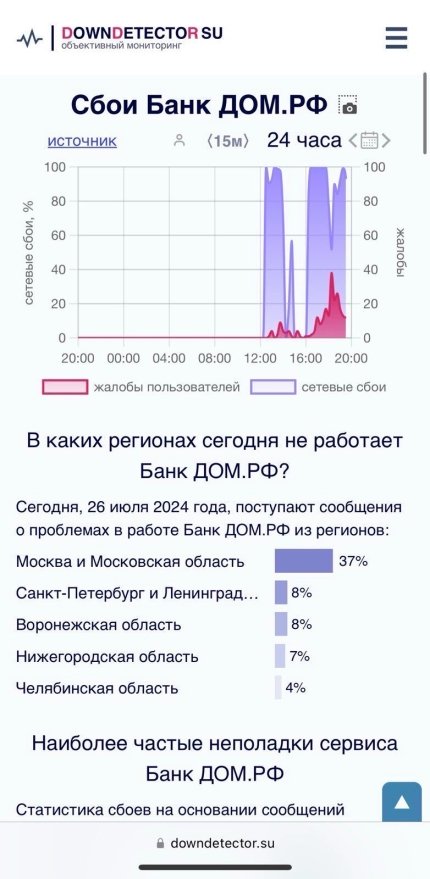The unprecedented attack by the cyber specialists of DIU on the banking sector of the Russian Federation, which is involved in the financing of Russia's armed aggression, has been going on for several days in a row and is gaining momentum. After the online services of leading Russian banks, Internet providers, social networks and national payment systems were affected, ATMs were also hit by cyber attacks. In addition, Ukrainian intelligence managed to gain access to the databases of Russian financial institutions. This is reported by online.ua with reference to its sources in the DIU.
Points of attention
- A large-scale cyber attack by the DIU on the banking sector of the Russian Federation has been going on for several days.
- Russian users are unable to withdraw cash due to card blocking at ATMs following a cyber attack.
- Ukrainian intelligence officers gained access to the databases of Russian financial institutions, which was an important step in this operation.
- Cyber attack spread to online services, ATMs, brokerage applications and leaders of the banking sector of the Russian Federation.
The DIU spoke about the consequences of a large-scale cyber attack on the aggressor country of the Russia
According to insiders in Ukrainian intelligence, brokerage applications and ATMs have been added to the main banking institutions of the Russian Federation, whose online services have already been blocked.
As of today, users of a number of Russian banks cannot withdraw cash, because when they try to use an ATM, their debit and credit cards are immediately blocked.

Moreover, it is indicated that the cyber specialists of DIU managed to gain access to large volumes of databases of financial institutions, which are being attacked.
The Russian bank "Dom.RF" was added to the affected VTB Bank, Alfa Bank, SebrBank, Raiffeisen Bank, RSHB Bank, Rosbank, Gazprombank, T-Bank and iBank. The operation of the brokerage application "T-Investments" has also been blocked. Since the Russian Federation raised key rates to 18% on July 26, it is impossible to carry out any banking operations due to the lack of access to services, which leads to the loss of funds for the population.

A large-scale cyber attack by the DIU against the Russian Federation has been going on for several days
What is important to understand is that the cyber attack against the Russian financial sector began on the morning of July 23.
Specialists from Ukrainian intelligence managed to block or significantly complicate the work:
payment systems,
mobile applications of banks,
personal offices,
payment systems for services in public transport, etc.
Moreover, it is indicated that popular online messengers, Internet providers and providers of telecommunication services, the largest Russian social networks, and a number of applications related to the provision of financial services came under attack.
According to sources in the DIU, the operation against the financial institutions of the aggressor state is ongoing.



